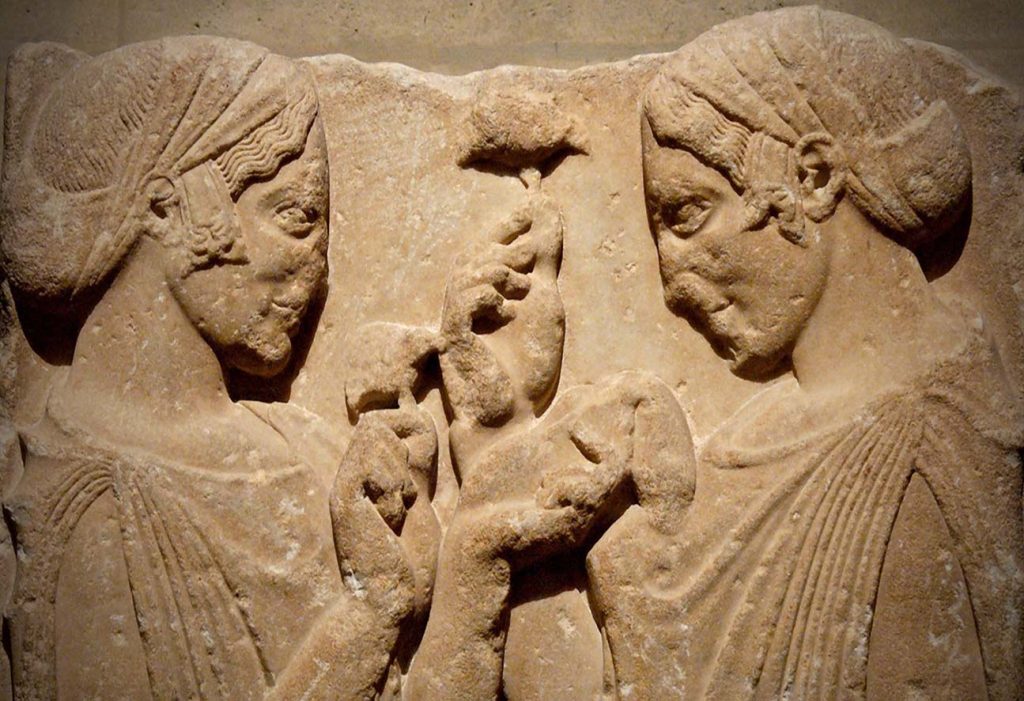Venturing to Greece promises a captivating expedition through ancient heritage, picturesque landscapes, and vibrant traditions. Beyond the tourist attractions, acquainting oneself with local etiquette is key to fostering respectful interactions and immersing into the genuine tapestry of Greek culture. I hope to unravel the behavioral norms that define Greek society and offer insights into the captivating customs that render Greece an extraordinary and hospitable destination.
Social Manners

- Warm Welcomes: Greeks hold personal connections in high regard. A hearty handshake, an exchange of air kisses on both cheeks, or a friendly embrace upon meeting friends and acquaintances is the norm.
- Gaze and Dialog: Direct eye contact during conversations signifies authenticity and reverence. Greeks are known for their spirited exchanges, often punctuated by animated gestures.
- The Punctuality Balance: While punctuality is valued in formal contexts, social gatherings often commence later than stipulated. Arriving slightly past the appointed time is generally acceptable.
Dining Traditions
- The Art of Sharing: Greek meals unfold as communal affairs. Dishes are shared, and the inclination is to sample a bit of everything on offer.
- Celebrating the Repast: Greeks relish extended meals as opportunities for bonding. Lingering over food while engaging in heartfelt conversations is the order of the day.
- A Toast with Ouzo: When raising a glass in good cheer, make eye contact while clinking glasses. The expression “Stin ygeia mas,” translating to “To our health,” is a popular toast.
Religious Observances
- Respecting Places of Worship: When visiting churches, adopting modest attire and refraining from loud conversations is courteous. Note that photography might be restricted in certain areas.
- Embracing Easter Festivities: Greek Easter stands as a prominent cultural event. Participating in candlelit processions and partaking in the traditional “magiritsa” soup imparts a distinctive facet to your journey.
- Contributions at Shrines: While visiting monasteries or churches, a modest donation goes a long way in supporting their maintenance.
Local Gestures and Beliefs
- The “Nazar” Amulet: The “nazar” or blue evil eye amulet is believed to safeguard against negativity. These charms are commonly found in shops and homes.
- The Art of Spitting: Spitting thrice is believed to avert the “evil eye.” This ancient superstition lingers in specific regions.
- Crossing Fingers: Greeks, like many, cross their fingers for good fortune. However, forming the “OK” sign with fingers is considered offensive.
Festive Traditions

- Dancing in Harmony: Greek dances, epitomized by the famous “syrtaki,” form an integral part of celebrations. If you’re comfortable, don’t hesitate to join in!
- Celebrating Name Days: Observing one’s name day (coinciding with the feast day of a saint bearing the same name) is as meaningful as birthdays in Greece. Extending well-wishes and tokens of appreciation is customary.
- Smashing Plates: Though less common than before, plate-breaking (termed “sirtaki”) during joyous occasions adds a dash of exuberance.
Unraveling local etiquette unveils a more insightful and respectful journey through Greece. Grasping cultural intricacies and customs empowers you to form connections, partake in traditions, and forge enduring memories. By embracing behavioral norms and local practices, you unlock a deeper connection with Greek culture during your odyssey.



